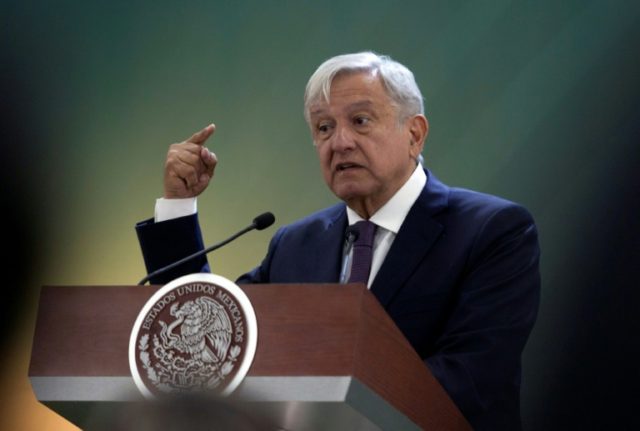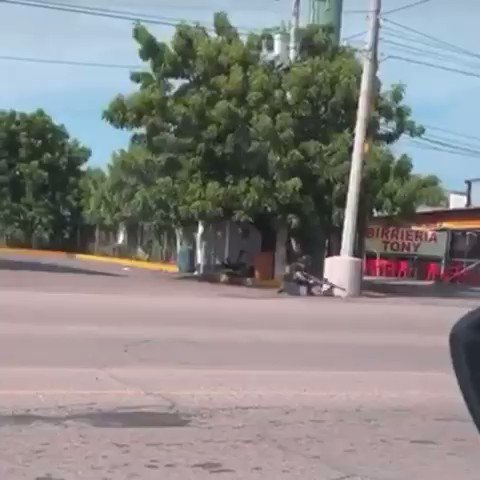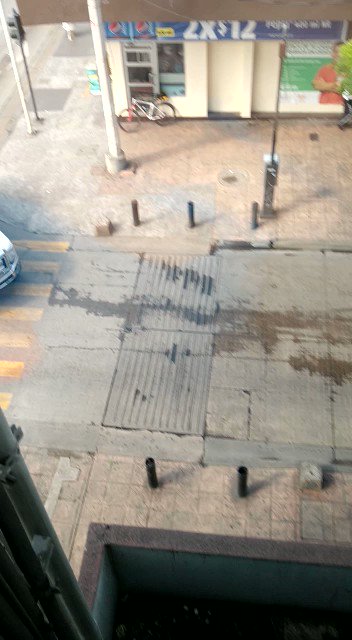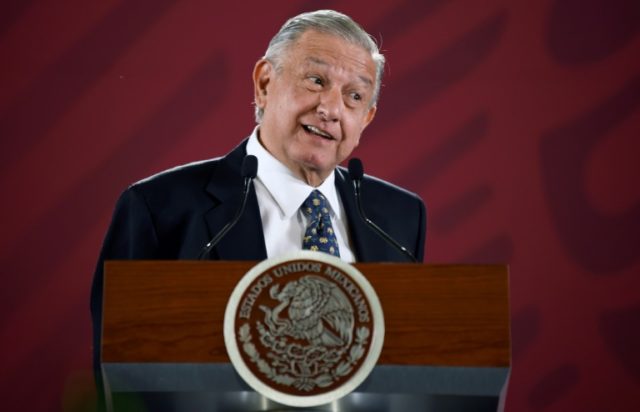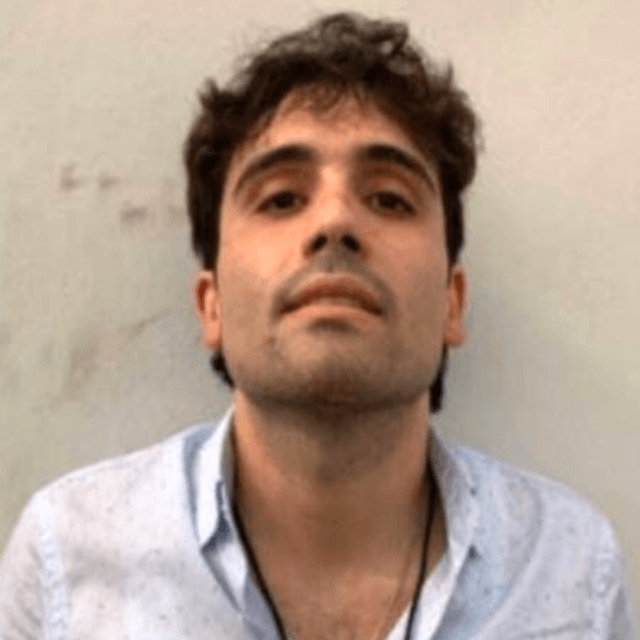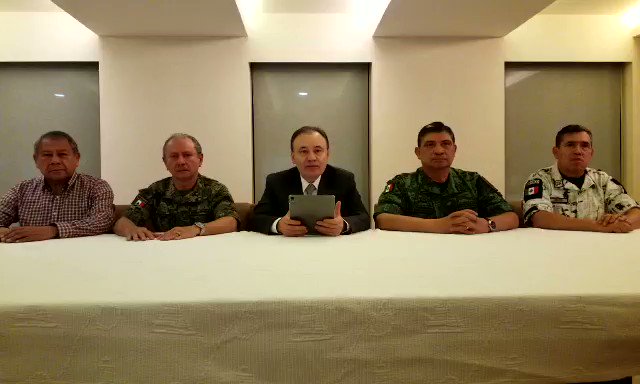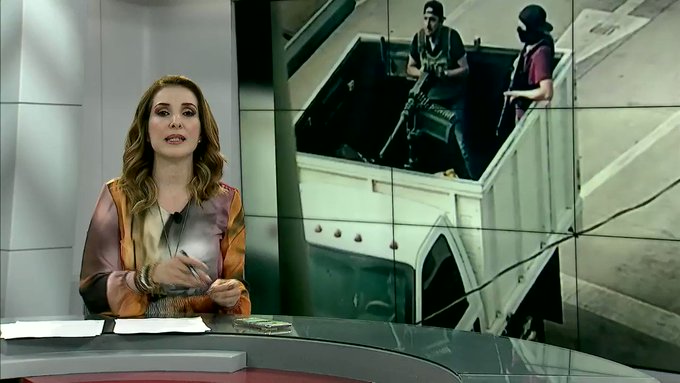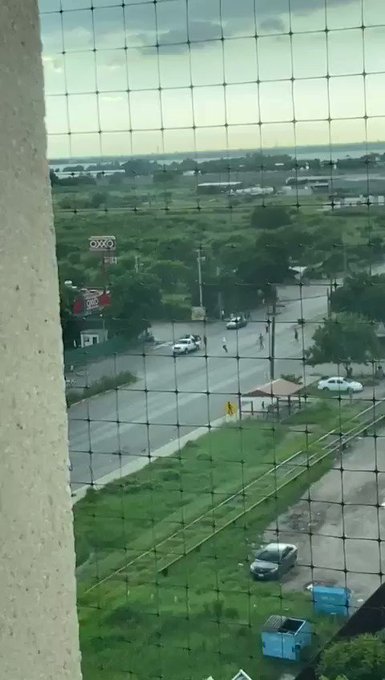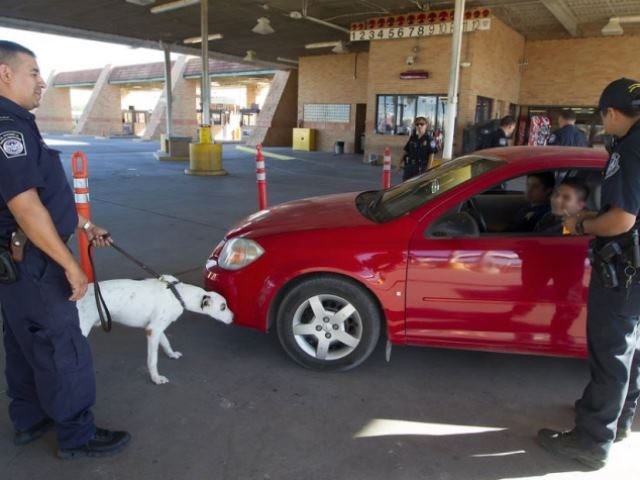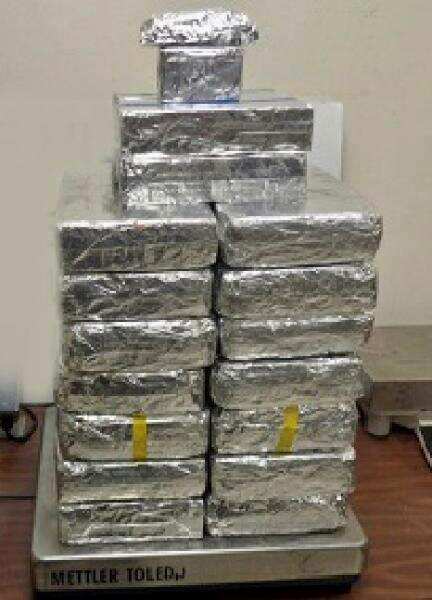Atatiana Jefferson's death highlights a long history of police
violence in Fort Worth, and the community says it's time for a 'reckoning'
·
Atatiana Jefferson, 28, was shot and killed by
Fort Worth police officer Aaron Dean early Saturday morning.
·
Dean
has since resigned from the force and
has been charged with murder.
·
Five fatal police shootings have taken place in
Fort Worth since June, before Jefferson's death.
·
S.
Lee Merritt, a civil rights lawyer who is representing Jefferson's family told The New York Times that there
"needs to be a reckoning" to change the police culture in Fort Worth.
·
Lee
Muhammad, a student minister and local community leader, told Insider that
community members feel unsafe.
Atatiana Jefferson's death marks the sixth death by a police
officer in Fort Worth, Texas, since June. Community members have had
enough.
Jefferson, 28, was shot and killed by Fort Worth police officer
Aaron Dean early Saturday morning after a neighbor called a non-emergency
police line just after 2 a.m. asking for a wellness check because
his niece noticed Jefferson's front door was open.
Dean has since resigned from the force and
has been charged with murder.
But Fort Worth police have had problems that date far before
Jefferson's death. Her death is the eighth officer-involved shooting this year,
according to a log from the attorney general of Texas's office.
Tarrant County Jail via APS. Lee Merritt, a civil rights
lawyer who is representing Jefferson's family, said a murder charge for Dean is
a "good start" on changing the police culture in the city.
"Fort Worth has a culture that has allowed this to
happen," he told The New York Times. "There still
needs to be a reckoning."
Lee Muhammad, a student minister and community leader who
works with the group Concerned Citizens Local Organizing Committee of Greater
Tarrant County, which aims to make communities in the county safe, agreed the
police department needs to change.
"Dissatisfaction eventually brings about a change. As the
voice of the dissatisfied grows louder change will come about. Our hope is that
the change will come willingly from the top," he told Insider in an email.
"Continued injustice overtime causes and imbalance in the minds of the
victims and history has shown us that this leads to unnecessary clashes with a
recalcitrant government."
There have
been 6 fatal police shootings in Fort Worth this year — and the city has faced
several high-profile brutality cases
Prior to this year, Fort Worth police have been involved in
several high-profile incidents. Concerns of police violence and use of force
date back to at least 2009, according to a detailed
account from Vox.
In 2009, a 24-year-old black man named Michael Patrick Jacobs died after being
Tasered by police who were responding to an emergency call from Jacobs'
parents. Police offered a $2 million
settlement to the Jacobs family after they sued the city over
the man's death.
YouTube/The Dallas Morning News
In July 2016, a Fort Worth officer shot a black man named David
Collie as he walked away from police — the shooting left him
paralyzed from the waist down. Police said Collie was a robbery suspect at the
time and that he raised a weapon. Collie said he never threatened officers.
Officials later dropped the charges against Collie.
In December 2016, a Fort Worth officer was filmed pushing and arresting a
black woman named Jacqueline Craig, who had called police to report
that her neighbor had choked her son. The police officer, William Martin, was
suspended for 10 days but not fired.
In 2017, officers Tasered a black woman named Dorshay
Morris after she called police for help during a domestic
dispute with her boyfriend.
Muhammad told Insider that police officers should undergo
cultural sensitivity training and impact bias testing.
"We believe implicit bias plays a major role in how police
respond in black and brown neighborhoods," he told Insider. "More of
our tax dollars needs to be diverted to proper education and cultivating human
potential and building the inner city. Finally we need to seriously look at
community policing from the inside out. Empowering groups to patrol their own
neighborhoods and calling the police only when absolutely necessary."
Fort Worth
is taking steps to hold the police department accountable
The Fort Worth City Council announced in September of this year
that it would create a police monitor
position to review "how well the police department has
been following its own policies and procedures," Fort Worth Assistant City
Manager Fernando Costa told CNN.
Muhammad told Insider that the city council's actions are a
start, but people are angry that so many people are dying at the hands of
police.
"When you hear people say they don't feel safe, this is not
hyperbole. This feeling of vulnerability has lead to protest and attempts to
shut down city council meetings," he said. "On a positive note, more
town hall meetings and planning sessions are occurring to organize the people
to make sure this does not happen again."
·
Read
more:
